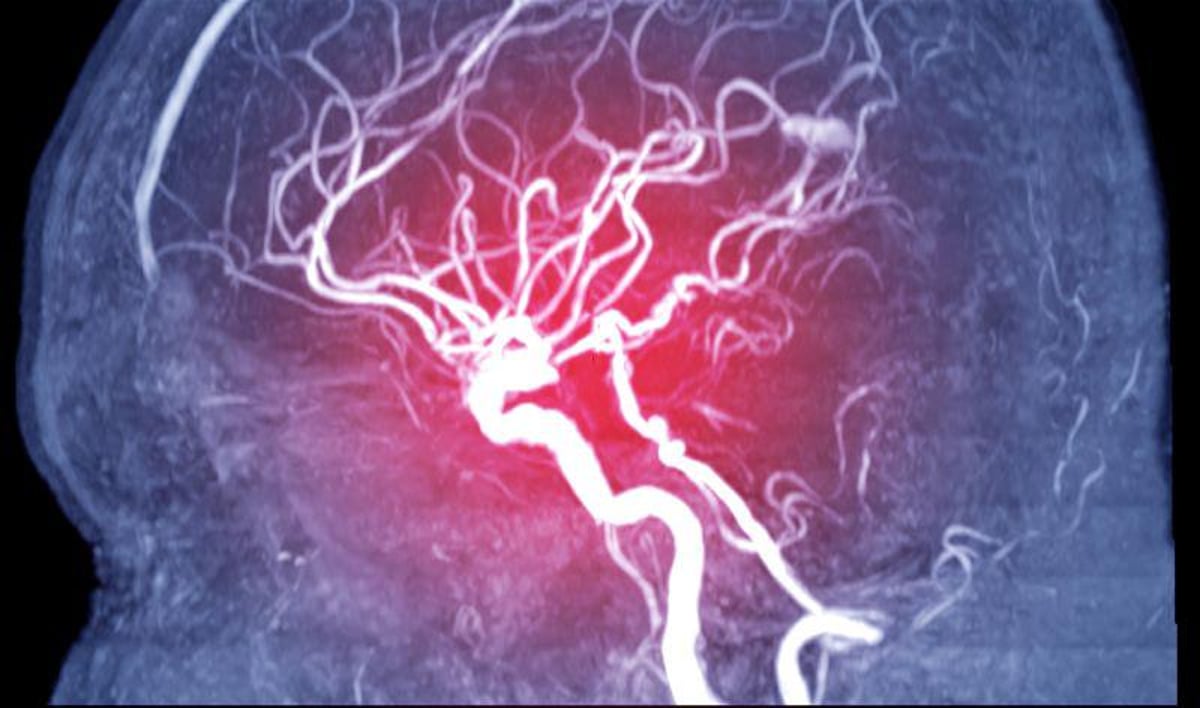Nerve Damage Might Help Drive Some Cases of Long COVID

WEDNESDAY, March 2, 2022 (HealthDay News) -- Nerve damage is the likely culprit behind some long-haul COVID symptoms in certain patients, a new study argues.
Researchers found evidence of peripheral neuropathy in nearly 60% of a small group of patients with long COVID.
The body's immune reaction to COVID appears to be damaging tiny nerves located throughout the body, causing long-term health problems for some people, said lead researcher Dr. Anne Louise Oaklander, director of the Nerve Unit at Massachusetts General Hospital.
"That makes sense, because the symptoms of small fiber neuropathy overlap considerably with those of long-haul COVID," Oaklander noted.
Overlapping symptoms include fatigue, muscle weakness, loss of taste and smell, and pain in the hands and feet, the researchers said in background notes.
For this study, Oaklander and her colleagues reviewed data on 17 patients across the United States who'd been diagnosed with long-haul COVID.
Tests revealed that 59% of the patients suffered from neuropathy, or damage to nerves outside the brain and spinal cord.
Only 1 of the 17 patients had a severe case of COVID, indicating that even a mild case can result in long-haul symptoms if it causes the immune system to turn on the body's nerves, Oaklander said.
Oaklander likened the damage caused by the immune system's response to COVID to the video game Pac-Man.
"I think of our immune cells in our body like these little Pac-Men, and they're going around and they're chewing on our nerves and breaking them down and degrading them and causing them to degenerate and deteriorate," Oaklander said.
The findings were published March 1 in the journal Neurology: Neuroimmunology & Neuroinflammation.
Dr. Amesh Adalja, a senior scholar with the Johns Hopkins Center for Health Security in Baltimore, agreed that "this small study provides evidence that, at least in a subset of long COVID patients who report symptoms of neuropathy, nerve damage may be present."
Adalja also agreed that "this phenomenon likely results from the viral-induced inflammatory cascade damaging nerves."
Based on these findings, Oaklander believes people diagnosed with long-haul COVID who aren't improving should be tested for nerve damage.
These nerve fibers can regenerate with treatment, giving a long COVID patient a good chance to recover, Oaklander said.
About two-thirds of these patients were treated with drugs like steroids that blunted their immune response, and many responded well to the treatment, the study found.
"People did get better," Oaklander said. "The nerves will grow back. It's not like they're dead and they stay dead, like you had a stroke.
"If you give the immunosuppression and you reduce the number of Pac-Men chewing on your nerves, the nerves will heal," Oaklander added. "They'll regrow and reconnect, and the people will do better and recover."
Larger studies will be needed to determine the exact percentage of long-haul COVID cases are due to neuropathy versus other potential explanations, Oaklander said.
More information
The Cleveland Clinic has more about neuropathy.
SOURCES: Anne Louise Oaklander, MD, director, Nerve Unit, Massachusetts General Hospital, Boston; Amesh Adalja, MD, senior scholar, Johns Hopkins Center for Health Security, Baltimore; Neurology: Neuroimmunology & Neuroinflammation, March 1, 2022
Related Posts
Getting Your School-Age Child Into a Healthy Sleep Routine
SATURDAY, Jan. 29, 2022 (HealthDay News) -- Most parents have dealt with having...
Telemedicine Gets High Marks for Follow-Ups After Surgery
MONDAY, Sept. 20, 2021 (HealthDay News) -- After routine surgery, a "virtual"...
Total Nitrite Consumption Tied to Higher Type 2 Diabetes Risk
WEDNESDAY, Jan. 18, 2023 (HealthDay News) -- Total nitrites and...
Las mujeres siguen estando poco representadas en muchos ensayos clínicos
JUEVES, 23 de junio de 2022 (HealthDay News) -- Para garantizar que todo tipo de...
